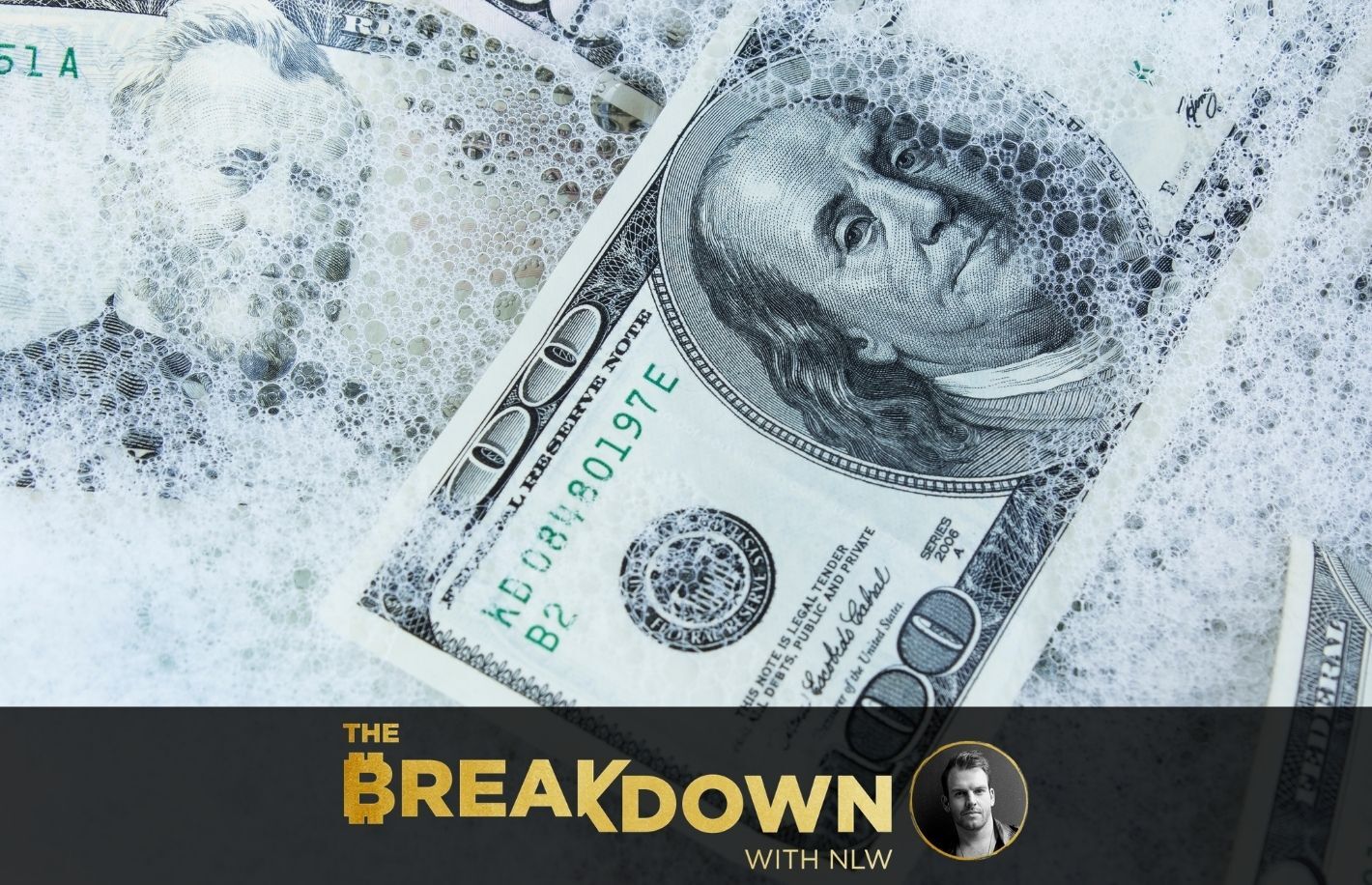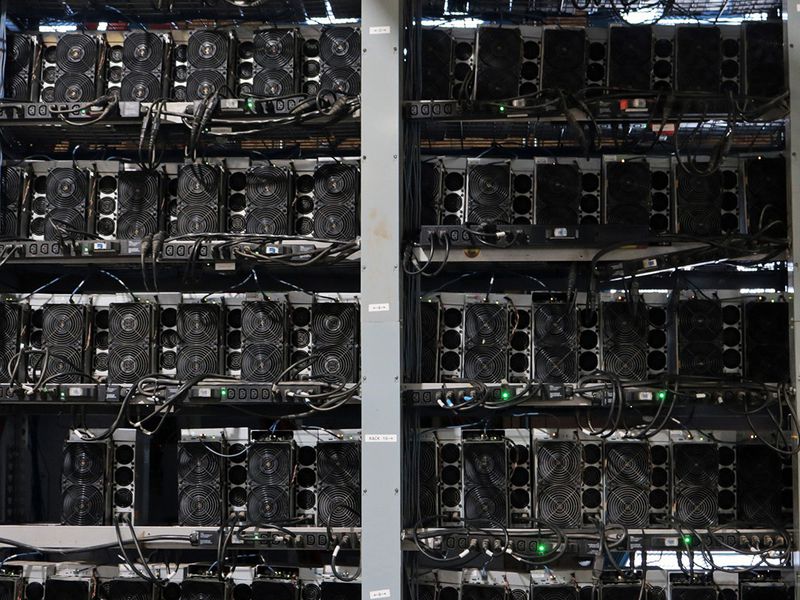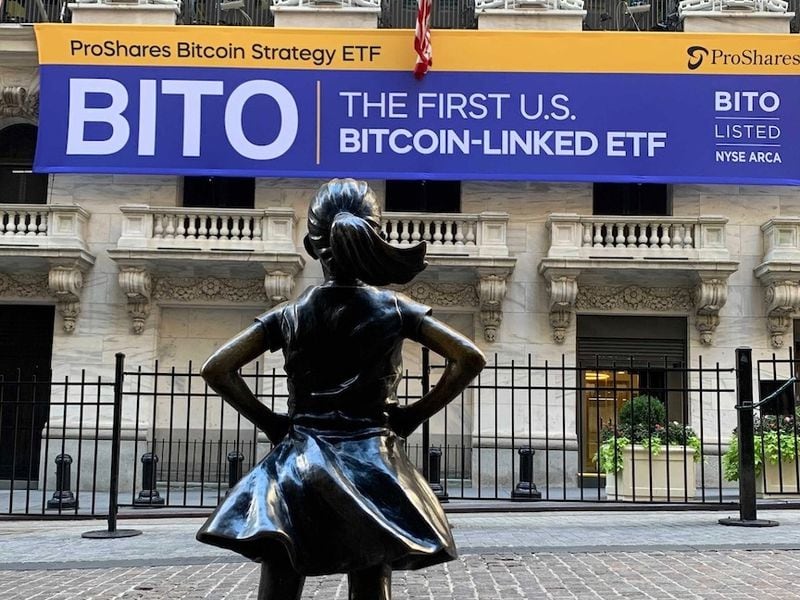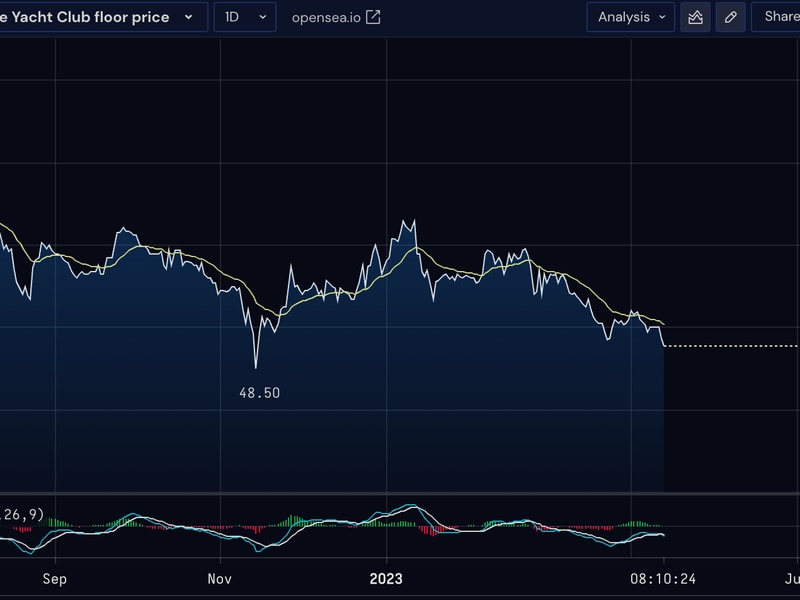THORSwap, Used by FTX Exploiter, Resumes Trading After Updating Terms to Exclude U.S.-Sanctioned Countries
THORSwap, the exchange that paused its platform last Friday following a series of trades related to the FTX hack, resumed services Friday after updating terms and conditions to exclude North Korea and other countries under financial sanctions by the U.S. and Europe.
The platform’s native token (THOR) has risen by 10% in the past 24-hours, according to CoinMarketCap.
The updated terms and conditions restrict users from accessing the exchange if they are based in countries sanctioned by the U.S., UK or the European Union. Specific countries cited include Myanmar, Cuba, Iran, Iraq, North Korea, Sudan, Syria and Zimbabwe.
“THORSwap is back online!” the company wrote in a post on X (formerly Twitter). “Other than the shiny new terms of service, users won’t notice a thing. Behind the scenes, we’ve partnered with an industry leader to put some extra guardrails in place to help prevent the flow of illicit funds.”
The THORSwap protocol runs atop THORChain, a network that allows users to freely trade tokens between different blockchains. It had paused operations a week ago – shifting into “maintenance mode” – after “consultation with advisors, legal counsel and law enforcement,” as the team put it.
That announcement came after a crypto wallet labeled as belonging to “FTX Exploiter” suddenly started moving around funds in recent weeks to various addresses and protocols – including THORSwap; the funds had sat dormant in the wallet for many months.
The FTX Exploiter wallet held some of the $600 million that was drained by hackers from wallets associated with Sam Bankman-Fried’s FTX exchange, amid the chaos that followed the company’s messing bankruptcy filing in late 2022.
Edited by Bradley Keoun.









